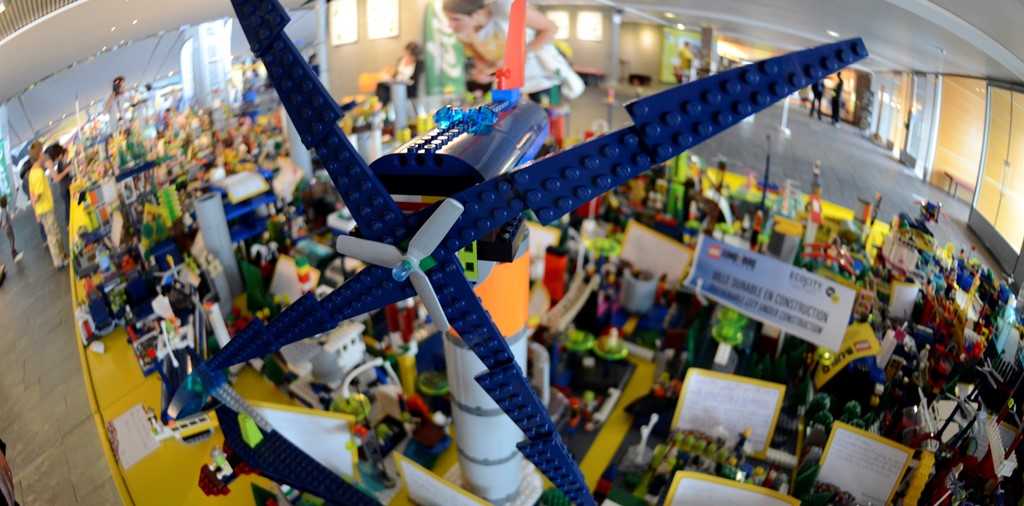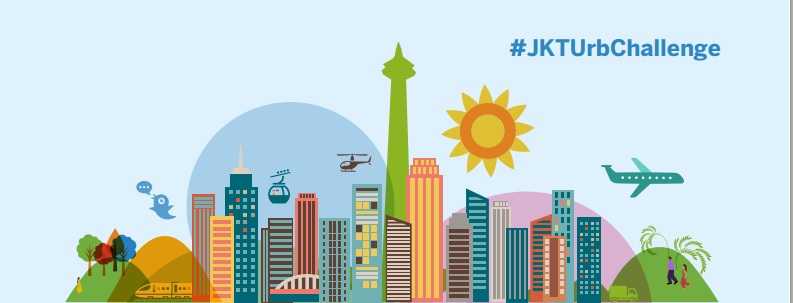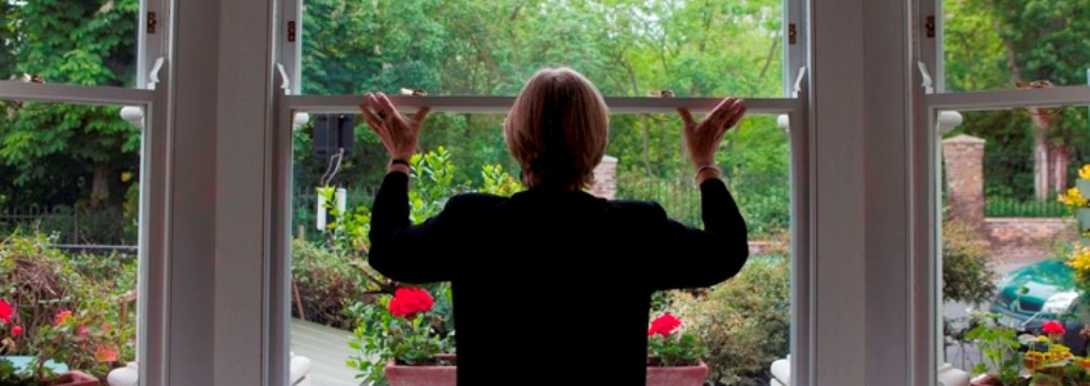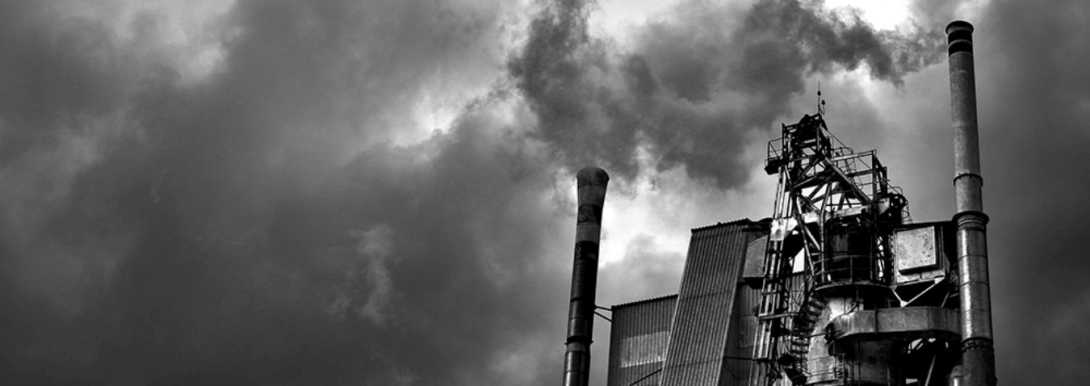
By Max Thabiso Edkins
The Eco City World Summit on Sustainable Cities will take place from the 25th until the 27th in Nantes, France - the city designated by the European Union as European Green Capital 2013.

By Max Thabiso Edkins
The Eco City World Summit on Sustainable Cities will take place from the 25th until the 27th in Nantes, France - the city designated by the European Union as European Green Capital 2013.

The New Cities Foundation and Connect4Climate announced the names of three outstanding project ideas that made it to the final stage of the Jakarta Urban Challenge.
<p>· 1. <strong>Cyclist Urban System</strong>: A plan to create dedicated “cyclist hubs” across Jakarta, where cyclists can park their bikes, get dressed, buy refreshments, repair their bikes, obtain first aid assistance and route information, and eventually, rent bikes.</p>
<p>· 2. <strong>Jalan Aman (Safe Passage)</strong>: A mobile application that focuses on the safety of female commuters, allowing users to share their location, report incidences of assault and access information on safe transportation options from other users.</p>
<p>· 3. <strong>Squee Mobile App</strong>: A sharing app that unifies pedestrians and cyclists to travel together on shorter, safer non‐motorized routes across Jakarta's urban kampongs (villages).</p>
<p>The three finalists will be invited to present their projects to an audience of 800 urban leaders and thinkers from around the world at the <strong>New Cities Summit</strong>, which is taking place for the first time in Jakarta on June 9 - 11. Each finalist will have five minutes to present their idea on the main stage and inspire the audience and impress the judging panel. The winner will be selected by a prestigious panel including <a href="http://www.muhammadyunus.org/" target="_blank">Muhammad Yunus</a>, Nobel Prize recipient and Founder of the Grameen Bank; and Sutanto Soedodho, Jakarta's Deputy Governor for Industry Trade and Transportation.</p>
<p>The winner will receive $10,000, while the second and third runners-up will receive $6,000 and $4,000 respectively. All three finalists will use the money to implement their projects in Jakarta.</p>
<p><a href="/sites/default/files/upload/Jakarta%20Urban%20Challenge%20FINAL.pdf" target="_blank">Download the press release on the finalists and competition</a>.</p>
[video:https://vimeo.com/106893756?byline=0]
The world's largest climate march calls for action on climate change. On September 21 about 400,000 people marched in New York and in more than 150 other countries for the global call for climate action. Rachel Kyte, Vice President and Special Envoy for Climate Change, World Bank Group, joined the march with the Connect4Climate team, as did a number of celebrities, and influential leaders. See more here.
[video:https://vimeo.com/107056361?byline=0]
Connecting to #takeon climate change. Find out more about Connect4Climate.
[video:https://vimeo.com/106242044?byline=0]
When will the Earth reach its climate tipping points?
Source: Disruption, 2014
[video:https://vimeo.com/105412070]
‘When it comes to climate change, why do we do so little when we know so much?’
Through a relentless investigation to find the answer, Disruption takes an unflinching look at the devastating consequences of our inaction.
[video:https://vimeo.com/109855524?byline=0]
Hundreds of youth sent in their climate change films from more than 70 countries around the world. After taking on the difficult task of selecting only a handful of these powerful stories, the Action4Climate jury has reached its final decision and selected the award-winning films.
Learn more about the competition on Action4Climate.
The IPCC has produced a video on its Fifth Assessment Report (AR5). The third part on the Working Group III contribution to AR5 is now available on http://www.mitigation2014.org
Source: IPCC 2014

There are 26 million homes in the United Kingdom. Together they contribute 27% of the UK's carbon emissions, making the housing sector a vital part of the goverment's committment to an 80% reduction in carbon emissions by 2050.
Since 2007, the award-winning SuperHomes network has promoted the benefits of eco refurbishment using free Open Days. Pioneering owners of some of the UK’s most energy efficient homes host free tours and Q&A’s each September. SuperHomes are older homes that have been refurbished for greater comfort, lower bills and at least 60% fewer carbon emissions.
Currently there are over 180 registered SuperHomes in the UK and over 70,000 people have visited one. The aim is to inspire visitors to take action to green their own homes, by providing actionable ideas, such as improving insulation, installing alternative heating sources or producing their own renewable energy. The network hopes to register 500 SuperHomes by 2020 and attract 2 million visitors.
.jpg)
Visitors at a modern SuperHome in Birmingham
It is estimated that as many as 80% of all UK homes that will be in standing in 2050 have already been built. Of particular concern are the 7 million solid wall properties, most of which are difficult to heat. To meet its target of an 80% reduction in carbon emissions by 2050, the UK should be refurbishing 600,000 homes a year. At the current rate of change it will take over 500 years to refurbish these homes.
Jurgen Huber, who recently joined the network says:
"My house is now 100% carbon neutral. Along with my wife and two children, we use and generate 3300 kWh of electricity. We have no gas connection so we cook with the most energy efficient induction cooker, we heat water with an electric instantaneous water heater, and we heat rooms with a highly air source heat pump and electric underfloor heating. This is only possible because we insulated the house to a very high standard."
Huber explains that the first phase of his home renovation was done on a budget of £4000. This paid for all insulation materials, the air source heat pump, an induction cooker, and LED lighting. The PV solar panels added afterwards cost £12,000 and were financed with a bank loan. In 8 years Huber may make a bit of money but that’s secondary. He wanted to prove that anyone can have a retrofitted energy neutral house on a tight budget.
"The result is that we’ve a very comfortable home that can be quickly heated or cooled at very little cost. At the same time we’ve maintained the 1920s period character of the property which is something we love."
Huber's testimonial is a good example of how the SuperHomes network harnesses the enthusiasm of pioneering households to demonstrate the benefits of switching to low energy living.
The network's open days help visitors gain the confidence to green their own homes. Free tours and Q&A sessions allow visitors to find out more about both the benefits and the challenges involved in refurbishing an older home.
Find out more about SuperHomes' September Open Days.
SuperHomes is a National Energy Foundation (NEF) project. NEF is an independent charity working to improve the use of energy in buildings.
[video:https://vimeo.com/95527812]
White Roofs is an Action4Climate documentary about another initiative to reduce household emissions, the White Roof Project in New York. Entered by Matt Dunne.

The IPCC’s Fifth Assessment Report firmly centered on the reality of human-driven climate change. If we don’t take immediate and tangible steps to reduce the consequences of these actions, we will face an environmental crisis that will have a major impact on mankind’s existence. Here in Tokyo, we are extremely concerned about this danger, as it poses a huge threat to our goal of becoming a sustainable and environmentally-friendly city.
In the year 2030, it is estimated that the number of people living in urban areas will exceed 60 percent of the world’s population, and measures at the city level are now crucial. The effects of climate change are already becoming apparent in a range of forms, and Tokyo is no exception. Tokyo has undertaken several measures to mitigate these effects, including launching the world’s first urban cap-and-trade program. In addition, Tokyo is implementing a number of pioneering initiatives, such as measures to counteract storm surges and floods, as well as major earthquakes, and advancing urban planning to realize a more resilient city.
The IPCC’s Fifth Assessment Report firmly centered on the reality of human-driven climate change. If we don’t take immediate and tangible steps to reduce the consequences of these actions, we will face an environmental crisis that will have a major impact on mankind’s existence. Here in Tokyo, we are extremely concerned about this danger, as it poses a huge threat to our goal of becoming a sustainable and environmentally-friendly city.
In the year 2030, it is estimated that the number of people living in urban areas will exceed 60 percent of the world’s population, and measures at the city level are now crucial. The effects of climate change are already becoming apparent in a range of forms, and Tokyo is no exception. Tokyo has undertaken several measures to mitigate these effects, including launching the world’s first urban cap-and-trade program. In addition, Tokyo is implementing a number of pioneering initiatives, such as measures to counteract storm surges and floods, as well as major earthquakes, and advancing urban planning to realize a more resilient city.
At the same time, Tokyo is working with cities all over the world and engaging in a variety of international activities. In this way, Tokyo’s achievements have been introduced to the world, and we are proud to have gained high recognition in reports issued by the World Bank. Of these initiatives, Tokyo’s cap-and-trade program has received especially high praise internationally. In the program’s first year, FY2010, a 13 percent reduction in total CO2 emissions from base-year figures was achieved.
Further reductions were achieved in FY2011 and FY2012, with a 22 percent reduction from base-year figures recorded for both periods. Achievements to date have far surpassed the mandatory 6 or 8 percent reduction rate, producing a significant effect. Tokyo Cap-and-Trade has introduced retrofitting projects backed by vast amounts of investment for energy-saving technologies. Practical examples of which include the installation of LED lights, more efficient heating equipment, and improved day-to-day operational efforts.
[video:https://vimeo.com/95527812]
We believe Tokyo’s success is highly reliant on a positive response from various stakeholders, including building owners, developers, tenants and related businesses following our initiatives. A lot of credit needs to go to the facilities under Tokyo Cap-and-Trade, including facility owners and related businesses that responded very positively to the program, resulting in its continued success.
As the 2020 Tokyo Olympic and Paralympic Games approach, Tokyo will continue to promote effective energy conservation and CO2 reduction measures in order to resolve climate change related issues and further strengthen energy policies, including greatly expanding the use of renewable energy, with a view to the global environment.
The World Bank’s “Putting a Price on Carbon” statement is very meaningful, as it will become a driving force behind the promotion of effective measures for climate change mitigation. If all of the world’s cities and nations cooperate to implement a variety of well-thought-out programs, promotion of measures for climate change issues will lead to a reduction in CO2 emissions, and even help avoid an eventual global environmental crisis.
As the Governor of Tokyo, a major city advancing innovative climate change mitigation measures, I endorse the World Bank’s “Putting a Price on Carbon” statement and express my full support. Firmly believing that this World Bank initiative will contribute to the sustainable development of the earth’s environment, Tokyo will call for other cities, nations, and companies that share in the same objectives to come together by endorsing this statement.
Hosted by the World Bank Group and supported by Italy’s Ministry of the Environment and Energy Security and Germany’s Federal Ministry for Economic Cooperation and Development, Connect4Climate (C4C) is a global partnership for a livable planet that connects, creates, and communicates to build long-lasting change for future generations.